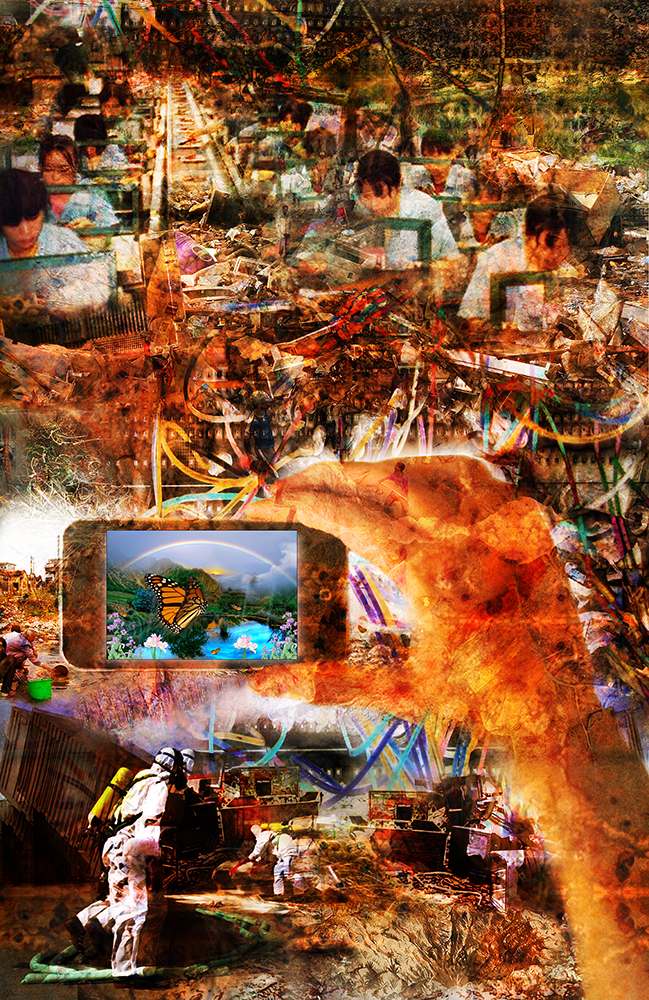
eWaste
2014
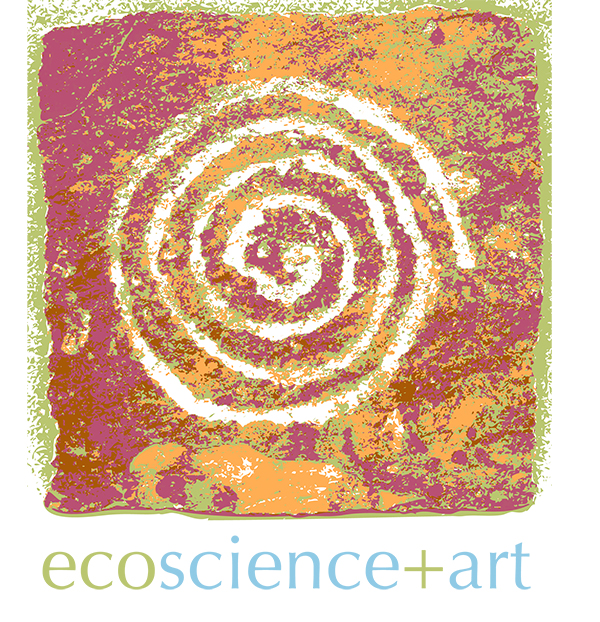
Founded by Mark Cooley and Dr. Changwoo Ahn
2013 – 2016
EcoScience+Art is an initiative and collaboration between the arts and sciences at George Mason University. It is our mission to bring together individuals working across the boundaries of ecosystem science, art, and design fields to share knowledge, expertise, and strategies for creatively engaging in the common pursuit of a sustainable future.
“Form Follows Function: Eco-Art and Its Place in the Sustainability Movement”, Sustainability: The Journal of Record
Matter/Antimatter: A Time Based Work
2013
Materials: plastics, red worms, shredded documents and coffee grounds.
A constructed ecosystem which facilitates the transformation of office waste (shredded office paper and coffee grounds) into living dirt. The resulting high grade fertilizer is then used to enrich the soil of a tabletop garden designed as a living salad bar for employees.
Documentation from installation at George Mason University School of Art Gallery and faculty staff lounge terrace.
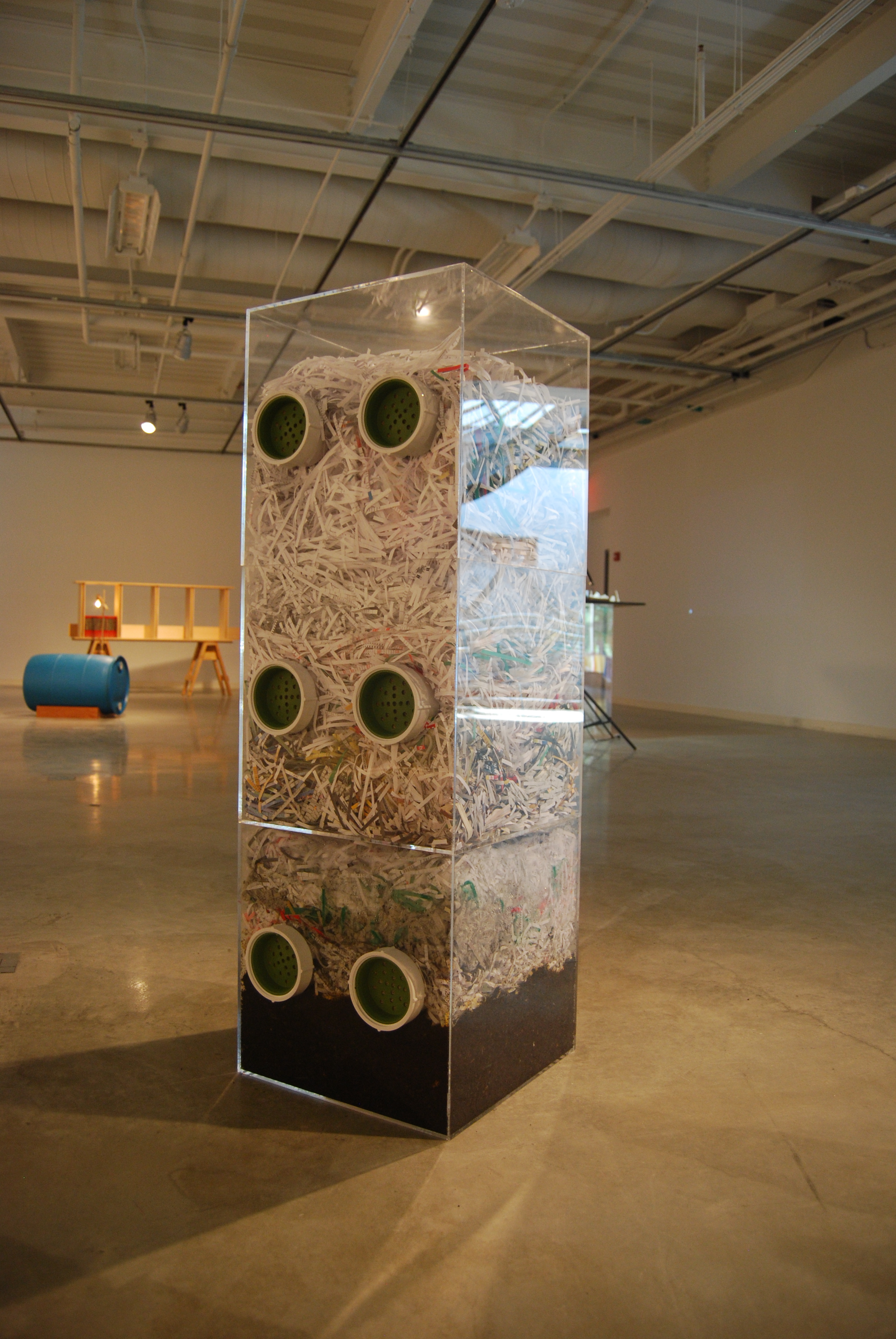
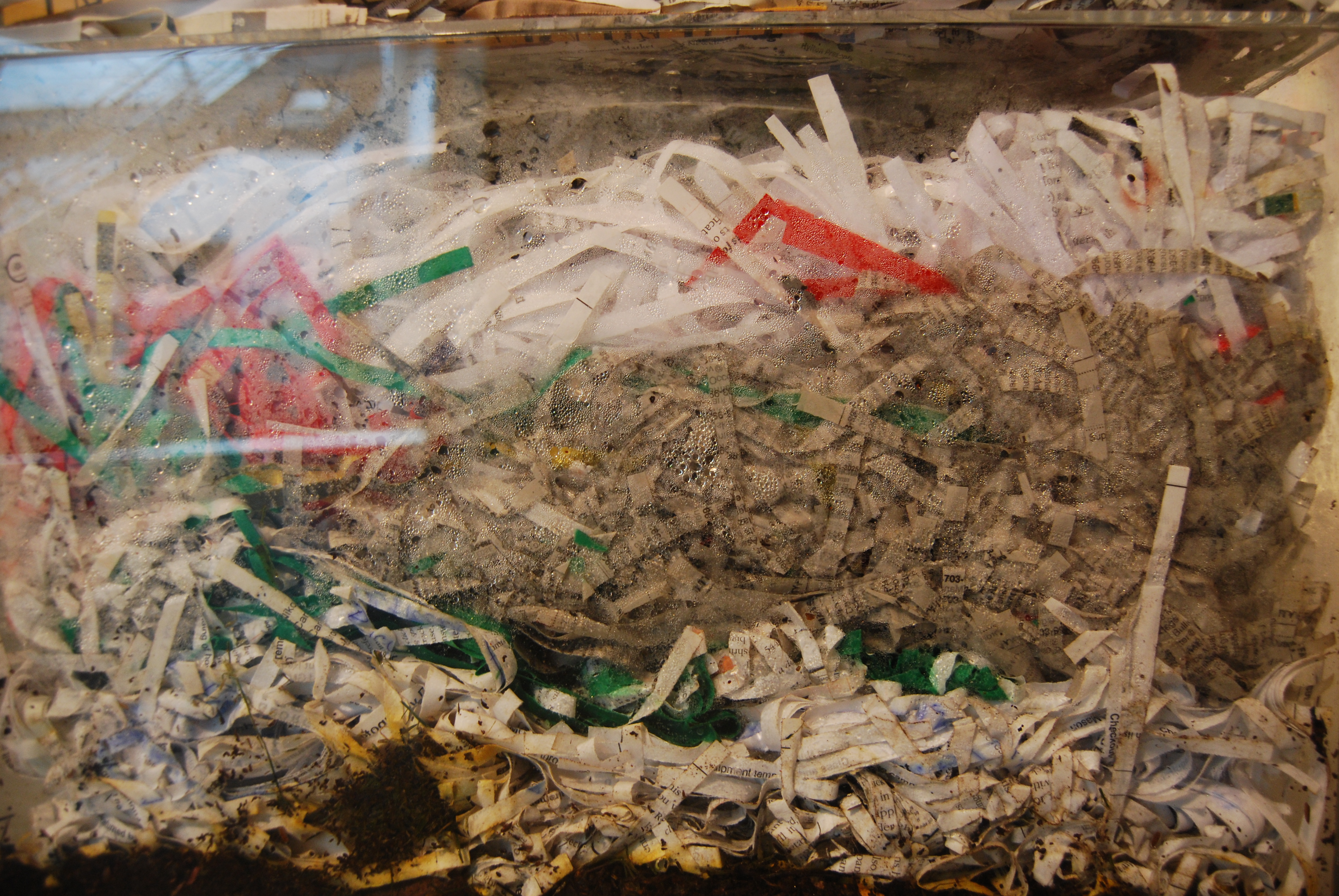

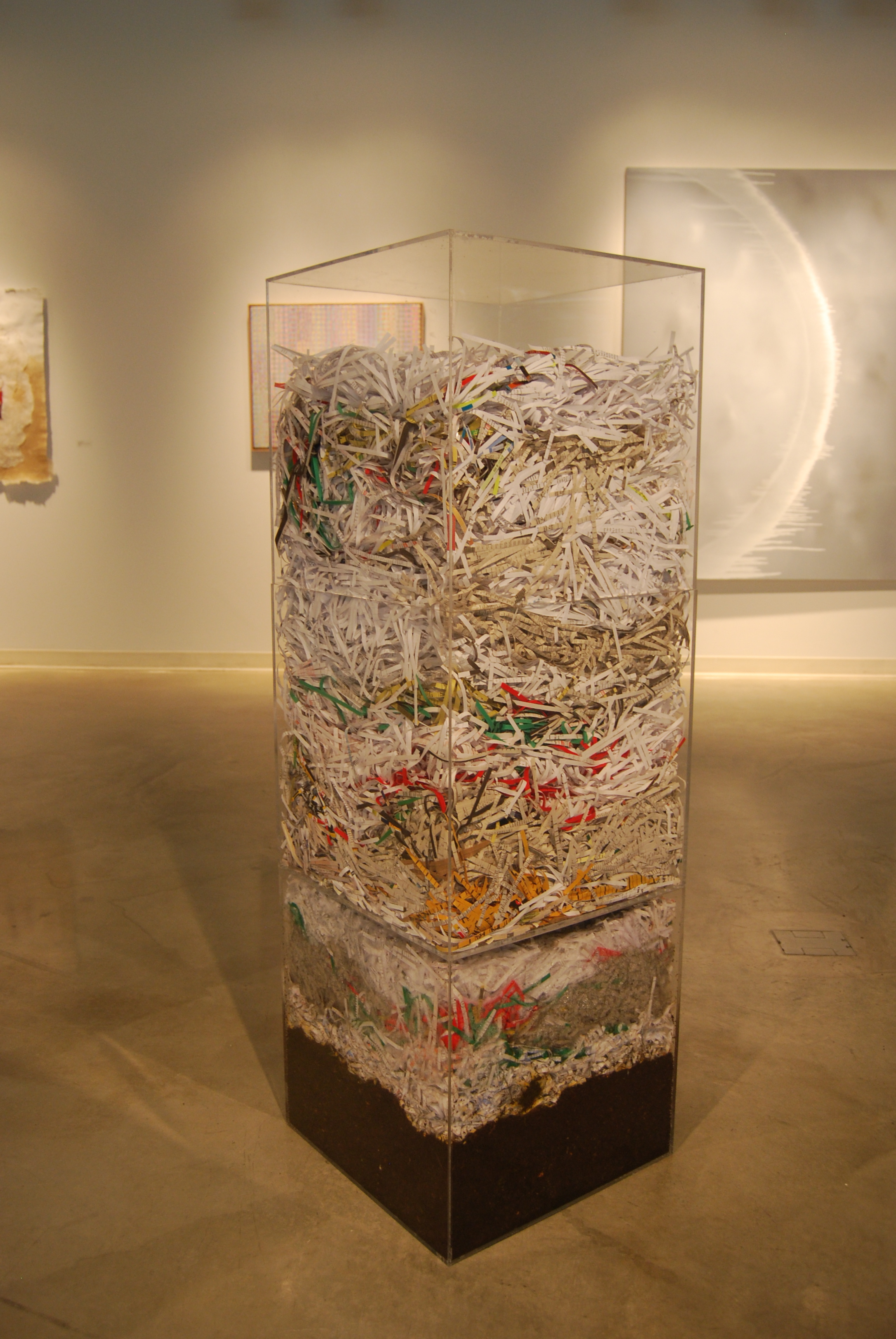
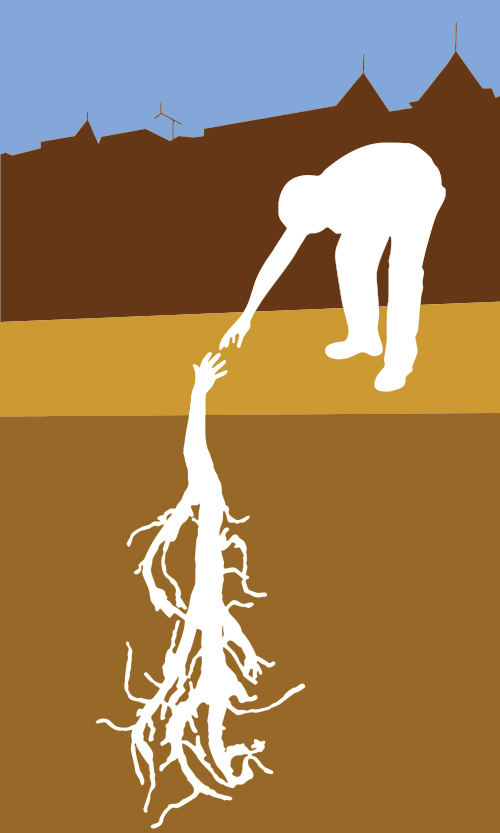
Companion Planting
2009
A graphic by Mark Cooley and Ryan Griffis for Urban Forest, DC.
This piece is an attempt to visualize the necessity of positioning community and human relations (culture) within America’s traditionally rather alienated view of “nature”. It seems that the most progressive urban forest and gardening projects these days begin by rethinking the assumption that “culture” and “nature” are mutually exclusive things as they begin to reincorporate natural elements into urban space and build community bonds around them.
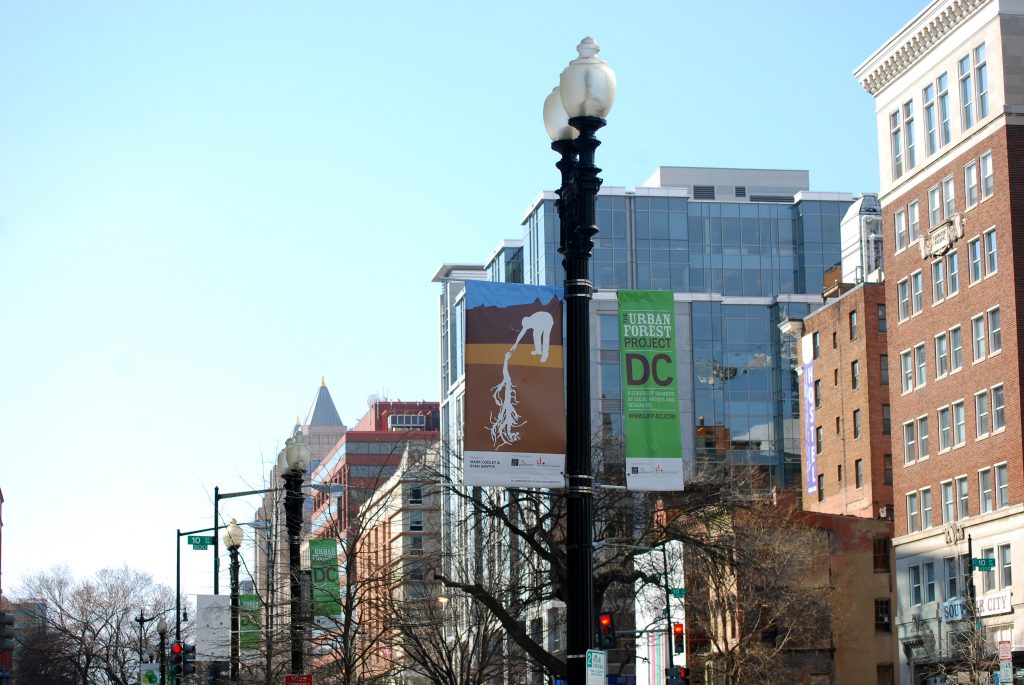
The Urban Forest Project is a unique public arts initiative of Worldstudio, which invited local artists and designers to employ the idea or form of the tree to make a powerful visual statement on street-banners that were then displayed in their community. The tree is a metaphor for sustainability and in that spirit, the banners at the close of each exhibition were recycled into totebags and auctioned off to raise money for a local environmental cause. The Urban Forest project was originally executed in New York’s Times Square in the fall of 2006 and has since travelled to several cities including: New York, San Francisco, Baltimore, Denver, Toledo, Washington, DC and Albuquerque.
Ps4. Mark Cooley. Issue 6: Fetish. Katalog
“Agri-Art: The Death of Agri-Culture or Rise of Cooperatives”. Mark Cooley. From Green Acres: Artists Farming Fields, Greenhouses and Abandoned Lots
“Visions From Solitary: Prisoners’ Imaginations Made Real By Activists’ Photographs”. Pete Brook. PrisonPhotography.org
Safe
video installation by beth hall, mark cooley & celia cooley | 2012
Maternalisms exhibition catalog by Natalie Loveless
The popular imagination is heavily invested in a deeply romanticized conception of the maternal. The laborious, messy and complex beauty of living with children is lost in countless sanitized and idealized images of a superficial, strictly gendered, privatized and heavily branded maternity. Popular culture gives a pre-packaged answer to the complex questions of parenting in a quickly changing world. For some, parenting is narrowed to a list of milestone purchases – graduating kids through a series of child development books, baby seats, bicycles, cell-phones, computers, cars, and so on into adulthood. Those who prefer a critical and active approach to parenting soon discover that information and disinformation abounds, and critically engaged parenting can quickly lead to significant research skills. Though the labor of caring for children is generally maligned in popular culture, if given attention, the daily rituals of child care-giving reveal a beauty based on a system of values radically different to those conjured by the media’s constant appeals to our well cultivated sense of alienation, self-interest and irrational fears.
Safe from flawed art on Vimeo.
“As philosopher of science Isabelle Stengers puts it, “an idea always exists as engaged in a matter, that is as ‘mattering.'”9
Inhabiting the space between detailed local care practices and the social frame- works enmeshed with them, beth Hall and Mark cooley’s Safe explores how ideas are engaged in matter and matters engaged in ideas. Safe juxtaposes the overwhelming medical data, advice, and rules that face parents in the information age with specific actions that invoke the maternal everyday: hand washing, hair brushing, flossing, etc… As accompaniment to these texts and images, a fetal heartbeat repeats and multiplies in the background, creating a soundscape of the periodic monitoring that punctuates modern pregnancy and stands as evidence that all is right and safe in the womb. At the same time, this soundscape insists on the anxiety of information, an anxiety that obstructs any ability to even entertain the fiction of unmediated experience, freighted as we are by the immensity of information and disinformation characteristic of contemporary motherhood.”
– Natalie Loveless – New Maternalisms exhibition publication.